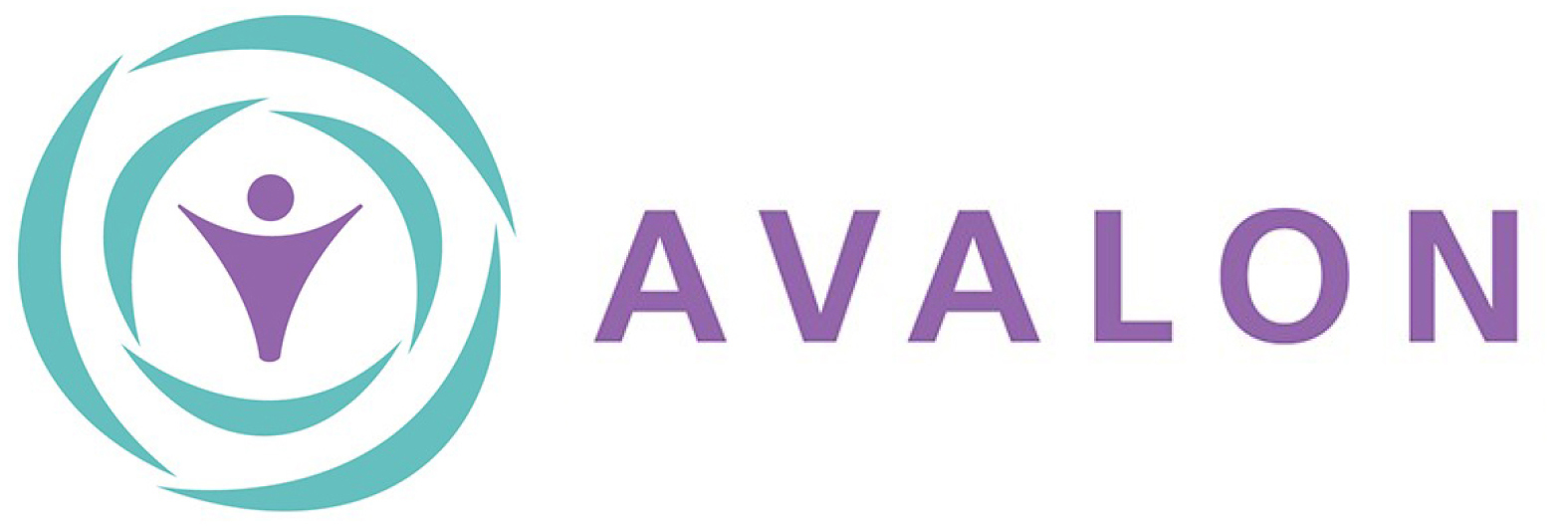End Violence Against Women International (EVAWI) works to improve criminal justice and community responses to gender-based violence. It is the organization behind Start By Believing, the global campaign to transform the way society responds to sexual assault. Avalon Centre is a member of EVAWI and brought Start By Believing to Halifax. The 5th annual Start By Believing Day will happen on April 1, 2020, and its theme is Every Response Matters. As EVAWI prepares for Start By Believing Day 2020, they note “We know that when sexual assault victims turn to us, every response matters. The responses of friends and family members matter. The responses of police officers, nurses, and advocates matter. Simply put, every response matters to a sexual assault victim because it can have a powerful impact on their healing process and pursuit of justice.”

Excerpt from the judgement on R. v. Al-Rawi, 2019 NSPC 37, published by the Canadian Legal Information Institute. Click to read full judgment.
Thinking about some of the responses our community has been hearing and processing in recent times – (Al-Rawi being acquitted a second time but facing another sexual assault trial, police officers being charged with sexual assault, SANE expansion in the Northern Region, and the Provincial Sexualized Violence Prevention Committee releasing recommendations for Campus Sexual Assault Prevention) – we wanted to take a moment to reflect on the impact of these responses on survivors.
What’s in a response?
We know that the most important factor determining the extent of long-term post trauma effects for an individual is the level of support they receive following a traumatic event. A growing body of research is indicating that those victimized by sexual assault are often denied help by their communities, and what help they do receive often leaves them feeling blamed, doubted, and re-victimized. This is known as “secondary wounding”.
Secondary wounding experiences are common for victims of crime and violence. Many victims report that their secondary wounding experiences were more painful and devastating than the original traumatic event because the shock of the original betrayal was further coupled by a subsequent betrayal from those who were regarded as sources of support or who are tasked with legal decisions. Judge Lenehan’s “clearly a drunk can consent” remark had devastating impacts on victims and community members province wide. For some Nova Scotians, the second acquittal denied the lived experiences of many survivors as the judge ruled there wasn’t sufficient evidence to determine if Al-Rawi committed a sexual offence. A case against the Halifax Regional Police that is currently before the Supreme Court of Nova Scotia highlights the need to review and change police policies and practise to be more in line with trauma informed policing.
We may all think that we would never be a source of secondary wounding and fail to recognize questions or attitudes that may unintentionally contribute to how a person is internalizing actions and responses following a sexual assault experience. We may even think that we are being helpful or protective by giving certain advice, which is instead creating internalized shame and a sense of incompetence in the person.
Secondary wounding is a major cause of internalized shame, which is one of the most damaging impacts with potential lifelong consequences spreading throughout many or most areas of an individual’s life. Those who experience sexual abuse/assault trauma are at particular risk for internalizing shame due to the humiliation of experiencing one of the most invasive forms of human violation, coupled with socially condoned sexual assault myths that question and blame victims.
Sometimes it’s not obvious that a response could be harmful. Viewed from the perspective of a survivor who is considering sharing their experience, however, we can see how even just reading the news could raise flags and demonstrate a society which is not always as supportive as we might hope. This creates a lack of trust in the system not only for survivors but also for members of the public. Over the past few years there has been concentrated effort to improve systemic and societal attitudes and responses to sexual assault and to survivors. However, as recent events attest, there is still work to be done.
How to create change
There are a variety of ways in which we can all work together to make a difference. Recently Avalon Centre, local universities and the Halifax Regional Police partnered on the Draw The Line campaign https://avaloncentre.ca/draw-the-line/. This sexual assault prevention and intervention campaign supports bystanders by providing tools and support for taking action to address sexualized violence before it happens as well as to provide appropriate responses to survivors.
In September the Federal Government announced funding for university sexual assault bystander education and last week the NS Provincial Sexualized Violence Prevention Committee release recommendations for university sexual assault prevention.
With the announcement of the Northern Region Sexual Assault Nurse Examiner Program, Nova Scotians now have access to SANE services province wide.
With multi-year funding from WAGE, Avalon Centre is continuing to provide trauma informed, healing centred first responder training and to enhance best practises and capacity building for service providers.
These initiatives build towards further awareness of and action to address sexualized violence, strengthen and improve responses and supports for victims/survivors, and actively change the culture of shame and blame to one of believing and standing with survivors and one of offender, systemic, and societal accountability.
Jackie Stevens
Executive Director

